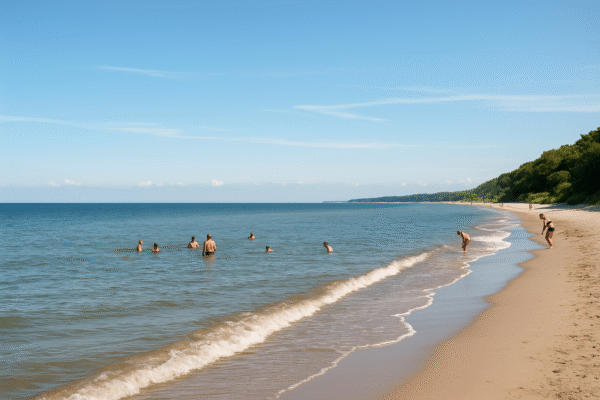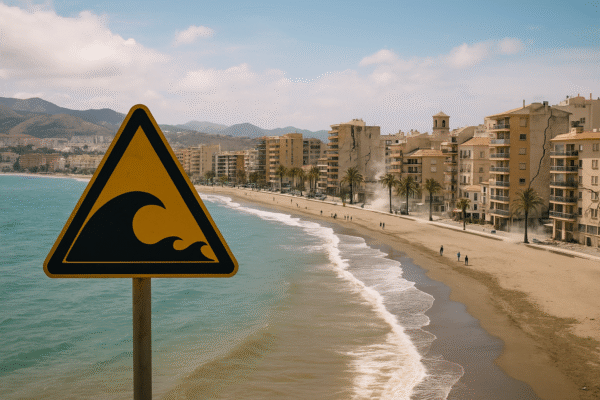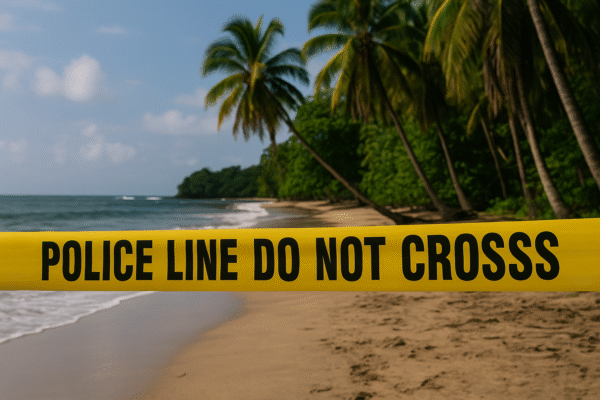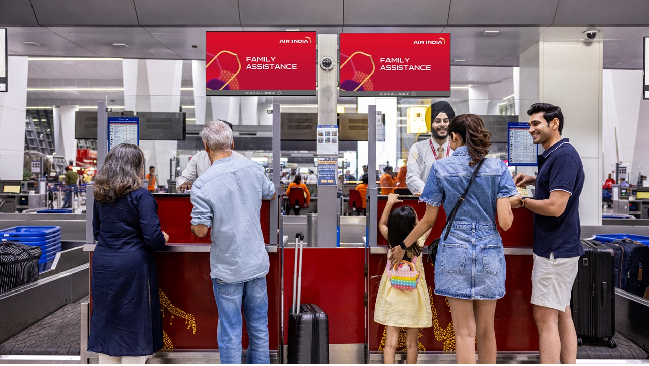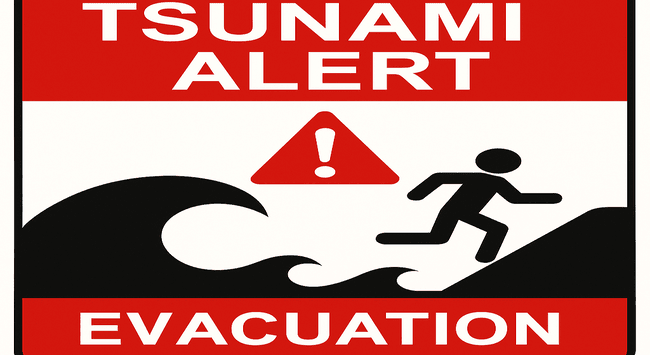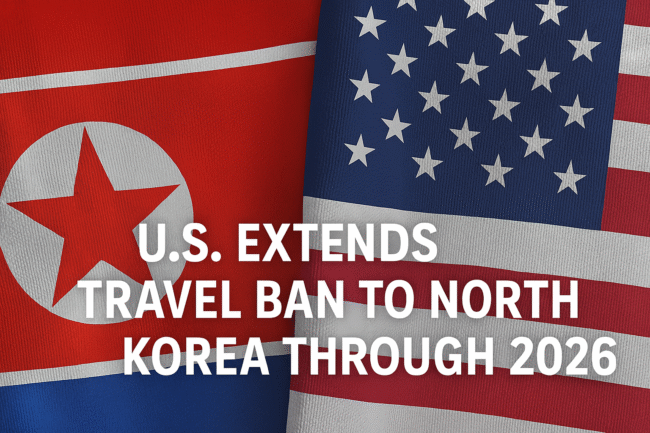Canadian Visitors Avoid Costa Rica Amid Rising Crime and New Safety Warnings in 2025
Costa Rica, long considered a top tropical escape for Canadians, is witnessing a sharp drop in arrivals from the North American country amid growing safety concerns. The idyllic Central American destination, renowned for its national parks, biodiverse rainforests, and sun-kissed beaches, is now grappling with a different reputation—one marked by rising crime and tourist-targeted violence.
According to the Costa Rican Tourism Institute (ICT), Canadian tourist arrivals have steadily declined throughout 2025. In May alone, arrivals from Canada fell by 5.3% compared to May 2024. The downward trend began earlier this year, with February seeing a 5.8% year-on-year decrease. In total, about 143,000 Canadian travelers visited Costa Rica in the first four months of 2025, a figure that trails behind previous years and raises concern within the country’s tourism sector.
Safety Concerns Drive Travel Advisory Changes
The Canadian government’s updated travel advisory in June 2025 is widely seen as a catalyst behind the decline. Canadians are now urged to “exercise a high degree of caution” when visiting Costa Rica, citing a surge in petty crimes such as pickpocketing and bag-snatching, as well as more serious incidents like armed robberies, assaults, and homicides, especially those linked to organized crime and drug trafficking.
Several provinces, including Limón, Alajuela, Puntarenas, and the capital San José, have been flagged as high-risk areas. Women travelers have also been advised to remain vigilant due to an increase in reported harassment and cases of drug-spiked drinks in nightlife venues. The Caribbean coast, particularly areas like Puerto Viejo and Puerto Limón, is now known for a heightened level of violent crime, which is disproportionately affecting foreign visitors.
The safety concerns are compounded by U.S. travel advisories. In April 2025, the U.S. State Department issued a similar caution, highlighting a rise in armed robberies, sexual assaults, and safety risks associated with adventure tourism. While directed at American travelers, the warning has had a spillover effect on Canadian tourists who frequently consult U.S. advisories when planning trips abroad.
Violent Incidents Underscore Risks for Tourists
One of the most widely reported incidents in 2025 involved the tragic death of Dier, a 40-year-old Canadian man, who was fatally shot during a home invasion robbery at his rental property in Tamarindo, located in the northwestern province of Guanacaste. The July 11 attack took place late at night, and his wife was also present during the traumatic encounter. This fatal event followed a similar February 2025 shooting of another Canadian in the same town, reinforcing fears that even popular beach destinations are no longer immune to violence.
While Costa Rica continues to promote itself as a family-friendly and eco-conscious destination, these events are eroding its image abroad. News of high-profile attacks spreads quickly through Canadian media and social networks, influencing potential tourists to consider alternative destinations.
Officials Downplay Crime Link to Tourism Slump
Costa Rican tourism authorities, however, have been cautious in directly linking the decline in Canadian visitors to safety concerns. Officials have pointed to external factors, such as reduced airline capacity and changing economic conditions in Canada, as reasons for the drop. Yet, industry experts remain skeptical.
Speaking with national media, several leaders in Costa Rica’s tourism sector have warned that inaction on security measures could result in a 15% to 20% fall in Canadian arrivals by the end of 2025. The homicide rate, which reached 16.6 per 100,000 people in 2024, further underscores the need for systemic changes in law enforcement and community policing in tourist areas.
Broader Impacts on Costa Rica’s Economy
The tourism sector is one of the pillars of Costa Rica’s economy, contributing over 8.5% to the national GDP and providing employment for nearly 10% of the workforce, according to ICT data. Canadians, who typically stay for an average of 14 nights, have historically been among the top-spending international visitors.
A prolonged decline in Canadian tourism could have far-reaching consequences, affecting local businesses, tour operators, restaurants, and accommodations, particularly in coastal and rural regions that rely heavily on foreign tourism.
Calls for Increased Security and Infrastructure
Tourism stakeholders are now urging the government to take decisive action. Among their demands are increased police patrols in tourist hotspots, secure zones around major attractions, stricter regulations on short-term rentals, and community-based initiatives to address root causes of crime, such as youth unemployment and drug trafficking.
Some municipalities, including Santa Cruz in Guanacaste, have started pilot programs to improve public lighting, surveillance, and rapid response units, but these measures are still in early stages.
Canadian Travelers Look Elsewhere
In light of the deteriorating safety environment, Canadian travelers are increasingly turning to other destinations in the Caribbean and Latin America. Countries such as Mexico (Cancún, Tulum), the Dominican Republic, and even emerging spots like Belize and Panama are gaining ground due to their relative safety and direct flight connectivity from Canada.
Search engine and booking data from leading Canadian travel agencies show a 10% increase in bookings to these alternative destinations since March 2025, suggesting a shift in traveler sentiment.
Outlook for Recovery
Whether Costa Rica can restore its image as a safe and serene haven remains to be seen. Authorities face mounting pressure to balance security and tourism growth, especially with the high economic stakes involved. For now, both travelers and local businesses are navigating a period of uncertainty, hoping that timely reforms can prevent long-term damage to the country’s tourism brand.
For more travel news like this, keep reading Global Travel Wire




